Farm vs garden: comparing two popular methods for growing fruits, vegetables, and other plants. Both practices can be time-consuming and require a significant amount of work, but the rewards of cultivating a successful farm or garden can be significant.
People typically use larger land on farms to grow crops for sale or consumption, while they use smaller land in gardens for personal use. Here, we will dive deep into the key differences between farms vs gardens and help you understand which option is better for your business.
We will explore what constitutes a farm and a garden, discuss the market demand for farm and garden products, and weigh the pros and cons of each.
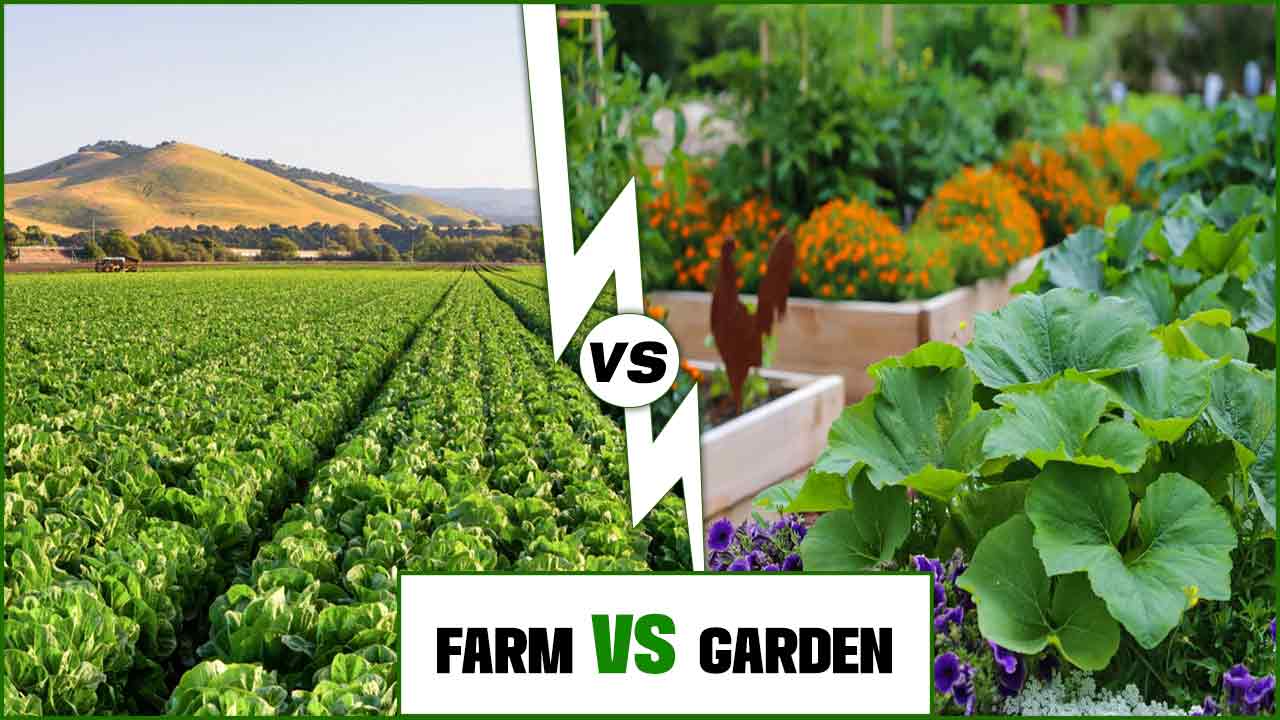
Farm Vs Garden – Which Is Better For Business?
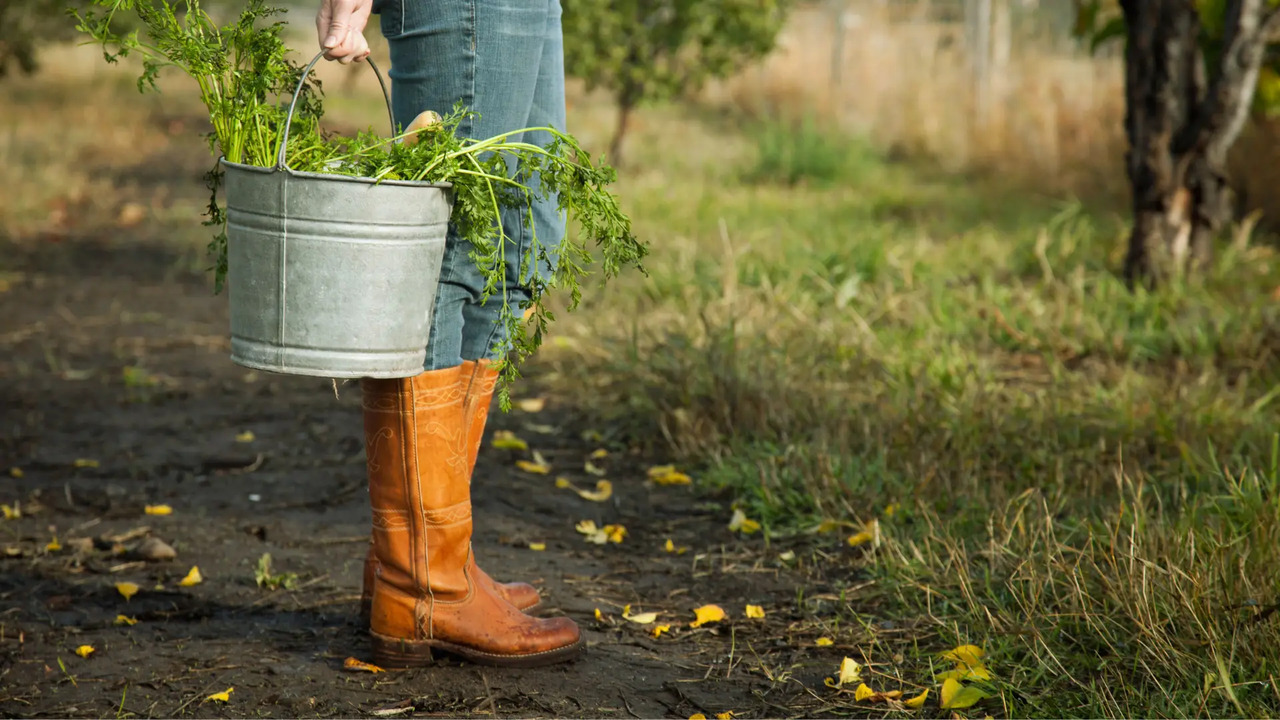
Choosing between a farm vs garden for a business venture, there are several factors to consider. Farms typically have larger land areas, allowing for greater crop production and the potential for higher profits. However, running a farm requires more resources, such as machinery, labor, and capital investment.
On the other hand, people can manage gardens with fewer resources because they are smaller in scale. They are ideal for niche markets or specialty crops that require more attention and care. Individuals can easily integrate gardens into urban areas and sell directly to local communities. Ultimately, deciding between a farm and a garden depends on individual goals, available resources, and market demand.
What Is The Farm?
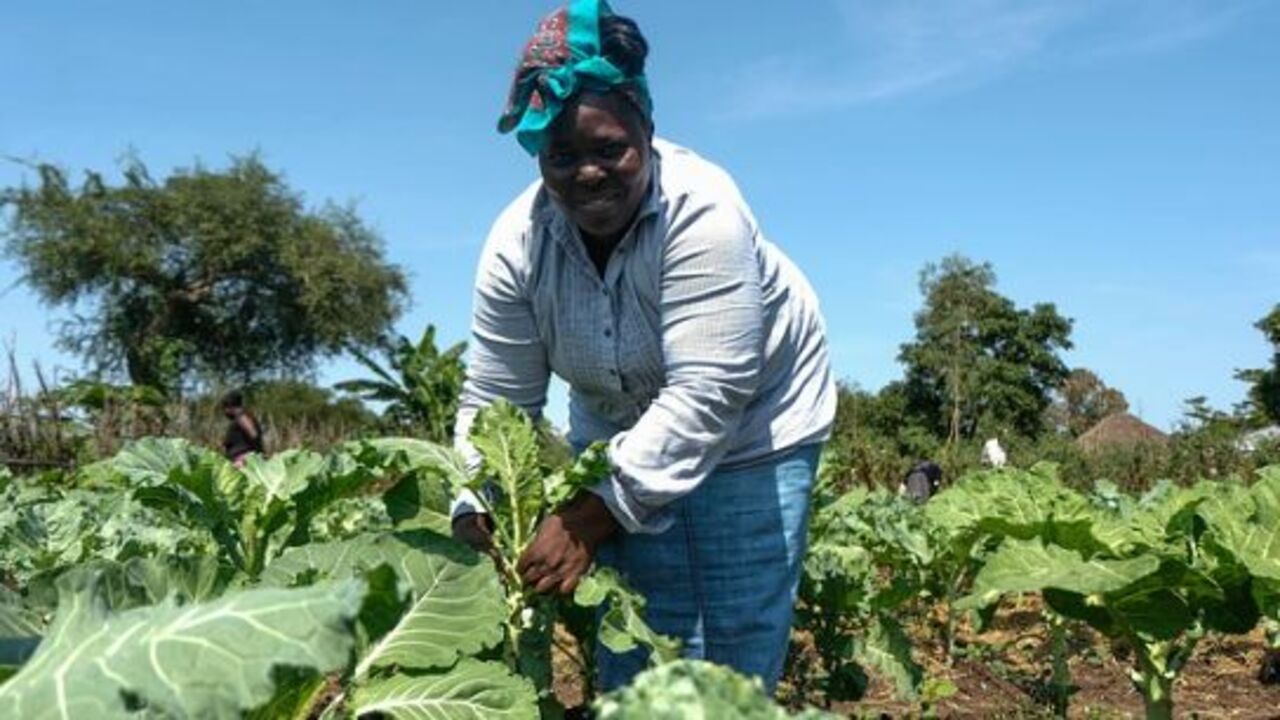
A farm is an agricultural establishment that grows crops and raises animals for food, fiber, or other products. It can vary in size, ranging from small family-owned operations to large commercial enterprises. Unlike a garden, farms aim to produce food and agricultural products on a larger scale, requiring specialized equipment, infrastructure, and labor.
What Is The Garden?
A garden is a small land area, typically in a backyard or designated space, where plants are cultivated for ornamental or practical purposes. It can range from simple flower beds to elaborate landscapes, providing a space for relaxation, enjoyment, and beautification. Gardens can include various types of plants, depending on the gardener’s preferences and goals.
Understanding The Market Demand For Farm And Garden Products
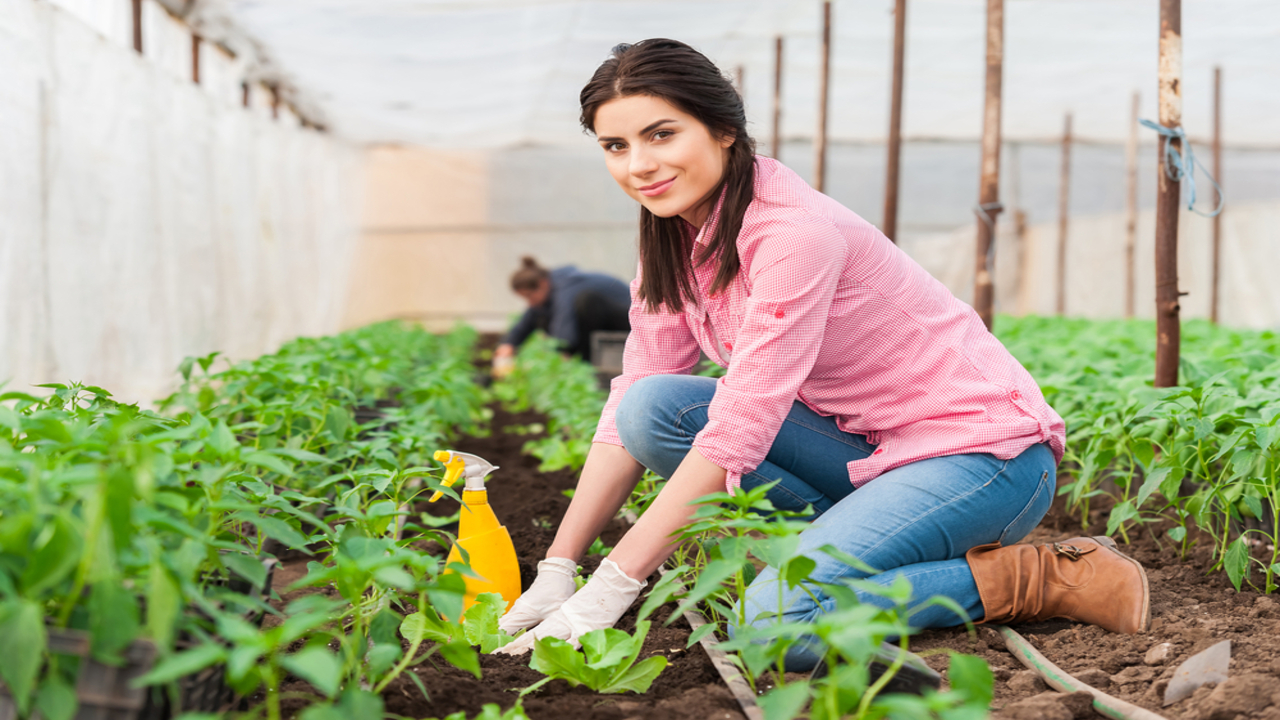
Various factors influence the market demand for farm and garden products. Farms focus on large-scale production of crops and livestock for commercial purposes, driven by population size, economic conditions, and dietary trends.
Conversely, gardens are smaller in scale and often used for personal or community consumption. Local preferences, gardening trends, and the desire for fresh, organic produce influence the demand for garden products. Farm and garden profitability depends on available land, resources, and market demand in a specific area.
Deciding On The Scale Of Your Business: Small Vs Large
When deciding on the scale of your business, whether a farm or garden, there are several factors to consider. The scale of your operation can greatly impact the level of investment, labor required, and potential profits.
Small-scale gardens offer easier management and require less initial investment, while large-scale farms have the potential for higher yields and profits but necessitate more land, equipment, and labor. Ultimately, deciding between a small-scale garden or a large-scale farm will depend on available land, financial resources, desired output, and personal preferences.
Financing Your Farm Or Garden Business
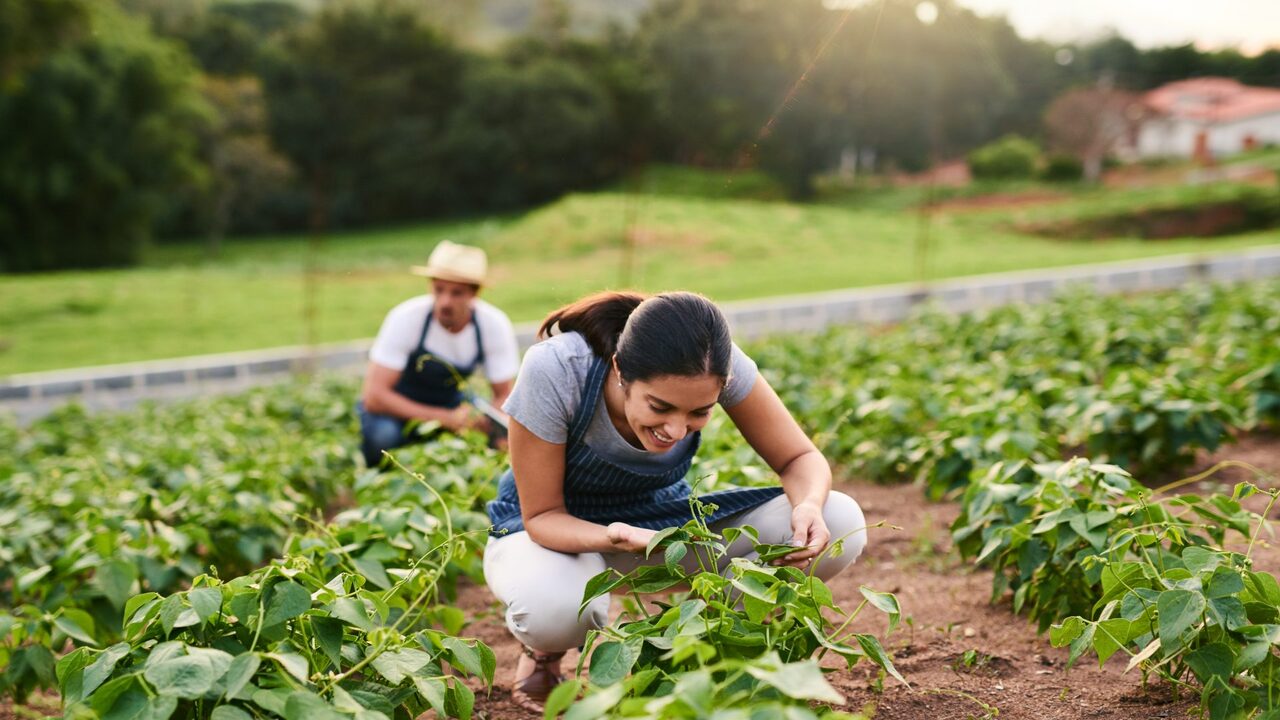
When financing your farm or garden business, some key differences exist. Farms, being larger and more focused on commercial production, often require loans for land, equipment, and livestock. On the other hand, gardens can be started with minimal investment, relying on personal funds or small loans for supplies and tools.
It’s important to understand your venture’s scale and market demand before deciding. Factors such as available resources, desired production scale, and personal preferences will play a role in determining the best financing options for your farm or garden business.
Pros And Cons Of Farming For Business
Farming for business involves large-scale production of crops or livestock, while gardening is typically smaller in scale and focused on personal use or enjoyment. While farming can be profitable, it carries higher risks and expenses. Farms require more land, equipment, and resources and demand more time and labor.
Additionally, farms have a larger environmental footprint. On the other hand, gardens are less financially demanding, can be maintained as a hobby, and have a smaller environmental impact. Ultimately, the choice depends on individual goals, resources, and preferences.
Pros And Cons Of Gardening For Business
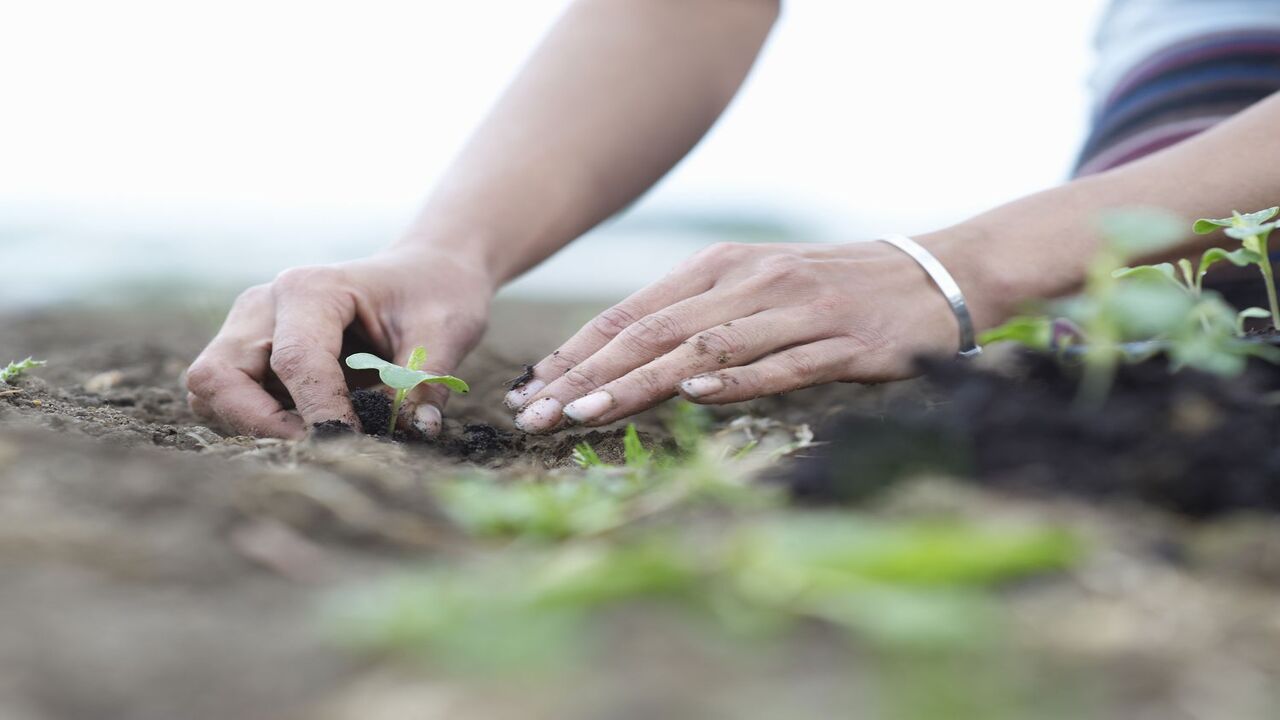
Gardening for business has its pros and cons. On the positive side, gardening allows for smaller-scale operations that can be more manageable for individuals or small businesses. Gardens also offer greater diversity, with a wider variety of crops and plants that can be grown.
Additionally, gardens require less equipment and infrastructure, lowering start-up costs. However, the garden yield may not be as high as farms, limiting the potential for large-scale production.
Gardens also require more hands-on maintenance and care, as individual plants may need specific attention. While farms have the potential for larger profits due to higher yields and economies of scale, gardening offers its own unique benefits for business owners.
Maintaining And Managing Your Farm Or Garden Business
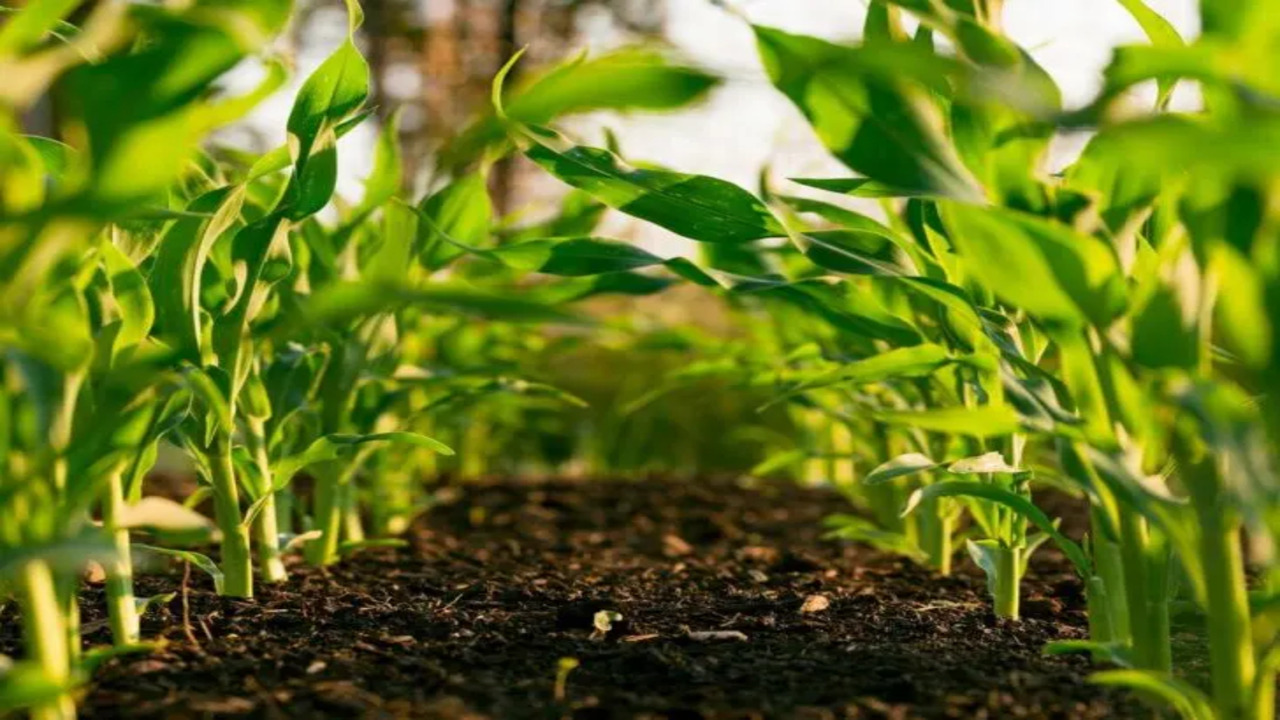
Maintaining and managing your farm or garden business requires different approaches depending on the scale and purpose. Farms focused on commercial production necessitate intensive management, including crop rotation, pest control, and irrigation systems.
Specialized equipment and machinery are often needed for planting, harvesting, and processing crops. Conversely, gardens offer flexibility for experimentation and can be a more accessible option for individuals or communities seeking to grow their own food. Whether you choose farming or gardening, proper management is essential for success.
Marketing Your Products In The Farming And Gardening Industry
In the farming and gardening industry, marketing your products can vary depending on whether you have a farm or garden. Farms typically focus on large-scale production of crops or livestock, while gardens are smaller-scale and often for personal use or local markets.
Farming is usually more commercially oriented and may require specialized equipment and techniques. On the other hand, gardens can be more flexible, allowing for experimentation with different plants growing methods.
Farm marketing strategies may involve wholesale distribution, while gardens may focus on direct-to-consumer sales at farmers’ markets or through community-supported agriculture programs. Ultimately, choosing between farming and gardening depends on individual goals and resources.
Challenges And Risks Of Farming And Gardening For Business
Farming and gardening for business come with their own set of challenges and risks. Farming involves commercial-scale cultivation of crops or the raising of livestock, requiring significant land, resources, and specialized equipment.
Unpredictable weather conditions, pests and diseases, and market fluctuations pose risks in farming. Gardening, on the other hand, is more manageable and less risky for individuals or small businesses, but it may have limitations in terms of scale and profitability. Choosing between farming and gardening depends on available resources, goals, and personal preferences.
Conclusion
Farm vs garden is an interesting debate, especially considering how each is used. Whether you choose farming or gardening for your business depends on factors such as market demand, scale of operation, financing options, and personal preferences.
Farming and gardening have pros and cons, and it’s important to weigh them carefully before deciding. Maintaining and managing your business is crucial for long-term success, and effective marketing strategies can help you reach your target audience. However, it’s essential to be aware of the challenges and risks of farming and gardening.
Frequently Asked Questions
[rank_math_rich_snippet id=”s-0977ded0-0abd-457c-9eab-85c1792a8f08″]

I am passionate about home engineering. I specialize in designing, installing, and maintaining heating, ventilation, and air conditioning systems. My goal is to help people stay comfortable in their homes all year long.
